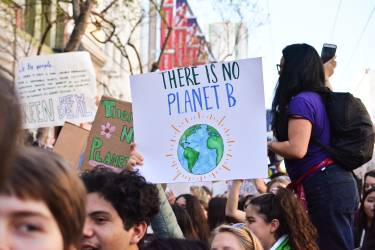Public Policy

Why study Public Policy?
Government decisions influence our lives on a daily basis. They affect the price of our housing, clothes, food, transport and water. They determine the types of jobs we do, how much we are paid and where we live.
Studying Public Policy equips you with the skills to understand and interpret current affairs, deal with government in your future profession or business, and work within government or for groups that lobby government. It is particularly suitable for students who want a career in the public sector, and for employees of organisations that are seeking to influence public policies.
At Waikato, Public Policy is an interdisciplinary subject. That means you can combine it with programmes from a variety of other disciplines, creating a programme of study to suit your needs. The minor in Public Policy offers both structure and flexibility – there's a compulsory paper at each level of study, but you'll also have the freedom to focus on the particular policy areas that most interest you. Choose from papers on economic, educational, environmental, ethnic, foreign, population and social policy.
In your studies you'll discuss theories of organisation, decision-making and administration, public management, and how public officials work and interact with the public sector and the political executive. You'll learn to examine policies in the context of political values and culture, economic constraints and political party agendas, and come to understand how and why particular policies are adopted by governments.
Career Opportunities
- Environmental Consultant
- Foreign Policy Advisor
- Health Sector Analyst
- Māori Development Policy Adviser
- Policy Analyst and Planner
Hamilton, Tauranga, Online
Study Public Policy in these qualifications
Scholarships and prizes
Visit our Scholarship Finder for information about possible scholarships
Subject Requirements
Public Policy is available as a minor for the BSocSc. It is also available as a minor within any undergraduate degree, subject to academic approval of the Faculty or School of Studies in which the student is enrolled.
To complete Public Policy as a minor, students must gain 60 points in Public Policy, including at least 30 points above 100 level. Students must include POLSC102, POLCY212, and POLCY318.